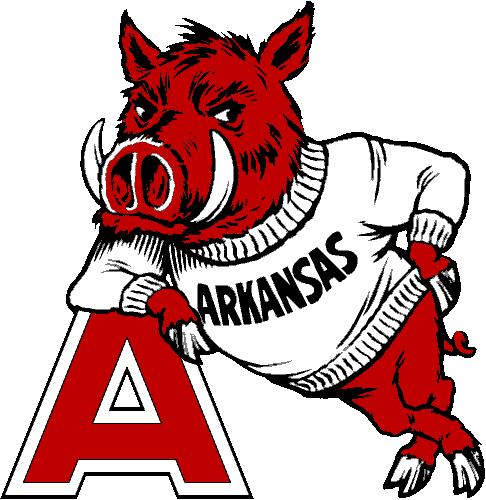For this week’s blog post I chose an article from the popular press, a recent article published in the Arkansas Democrat Gazette written by Wallace Hall. As I’ve read HBS articles throughout my time at USC, my mind often wanders to sports and the applications and parallels from the business and sports worlds. In a recent reading assignment regarding the perfect pitch, managing people, and appealing to emotions- I was reminded immediately and throughout of an interview/article His article outlined how University of Arkansas athletic director Jeff Long was ousted as such, before football season had even reached its final whistle.
Of course when such an action takes place it is obvious that there was a company behind the charts, a breakdown in communication, and a true tone deafness with far reaching implications that weren’t obvious to many on the periphery of the program. Long did not make friends with the right people and in fact alienated many who were on the payroll as well as many who were not. Indeed, there proved to be a seething anger underneath the surface among the University’s most prominent donors and the “every man” booster alike. Their sentiment was that Mr. Long did not care about them, their opinions, or their traditions. That Mr. Long was nothing but a corporation head, a dim attribute in their view. Fans, donors, and board members did not want to see their beloved Razorback athletics- a common bond that crosses all societal lines in this state- as merely a corporation. Mr. Hall argues in his column that this is partly due to the near mythical figure that immediately preceded Mr. Long’s tenure, Frank Broyles. A man who was first the football coach at the University for 18 years and then a beloved athletic director for another 33 seasons. Broyles had an easy going and gregarious demeanor that personified the quintessential southern gentleman in many minds in all corners of the state. Jeff Long wasted little time removing Broyles from his offices and building- a building that bore his name- as soon as he took over the AD job. This was a move that was not forgotten and when in concert with other missteps culminated in Jeff being unceremoniously terminated just more than a decade later. The man who follows a legend is rarely revered and this was the case in this instance. Arkansas athletics is a layer of politics and handshake game every bit as big as any that has ever been played out on a court or field by a Razorback athletic team. Long was unwilling and perhaps unable to play that game. It was often said that Broyles made every Razorback fan feel important if giving five dollars to the foundation or fifty thousand. Long didn’t possess that gift- what some would view as manipulation. Manipulative or not, Broyles kept the faithful happy for more than five decades. A person doesn’t find themselves employed at any institution for fifty years without knowing how to play to the crowd, work the room, and reach into the right pockets. The area that Long most lacked in though in the minds and hearts of many fans was passion. No one, if Broyles fans or not, ever questioned or doubted his passion for the University and the teams it fielded. Long was run out of town by those he felt he was above. The same gentlemen wearing overalls on Tuesdays and drinking coffee in diners carried pens big enough to sign the papers to cut his contract short on a bleak and cold November day. It was a day that, has been widely reported, as one that Jeff Long never saw coming. His often hostile, dismissive, arrogant, and rude attitude at events around the state made him a marked man. Long wasn’t terminated because of a lack of education, business acumen, fundraising, bad coaching hires, or a hole in accounting. No Jeff Long, like many others in organizations throughout history, let pride go before his fall. The parallels in communication strategies in mainline business and indeed “pitching” and big time college athletics are stunning and thought provoking. No matter the organization, to remain employed and effective, we all must learn how to play the game.

